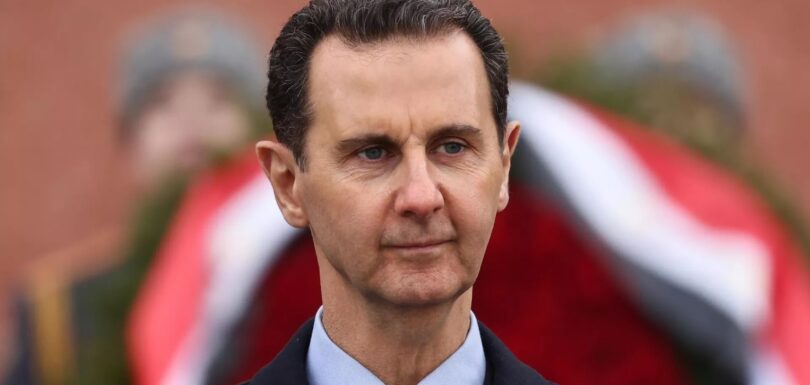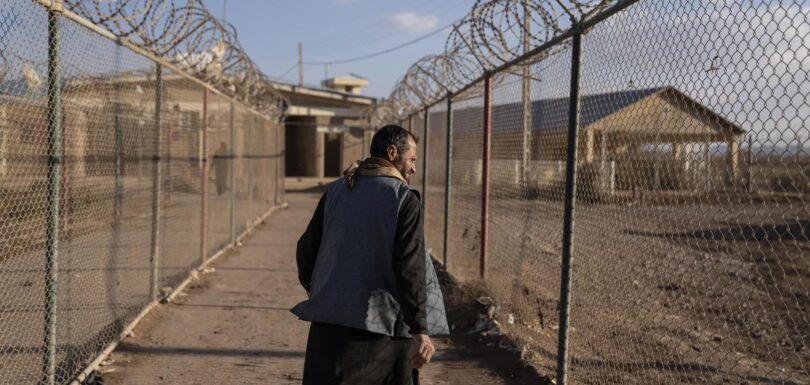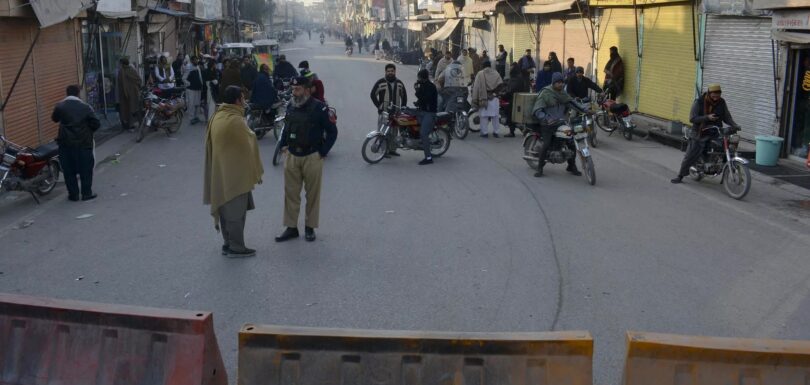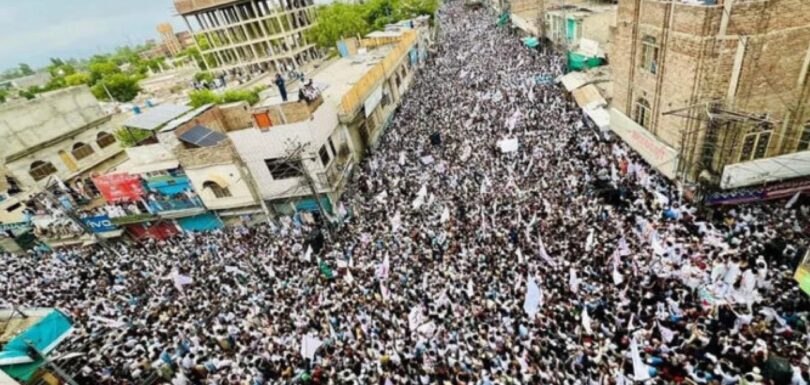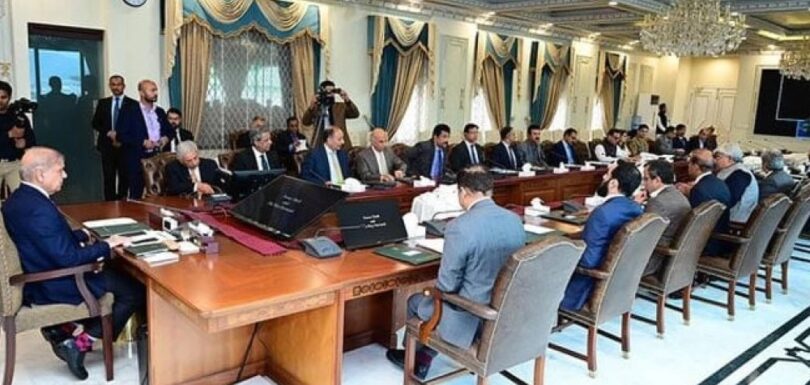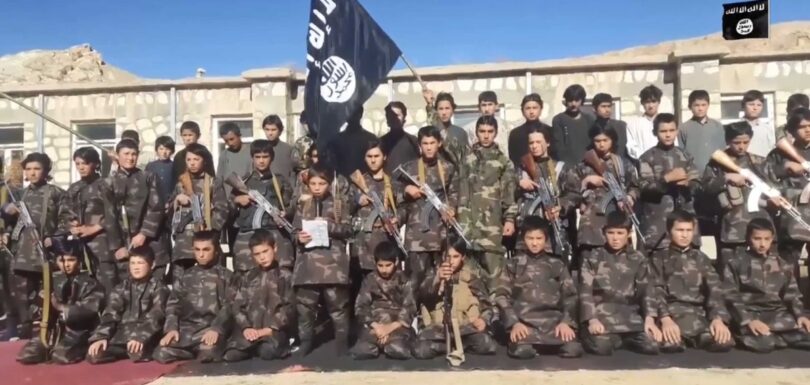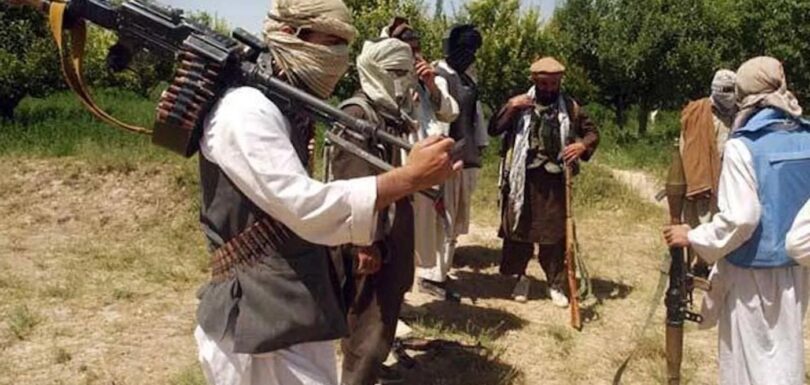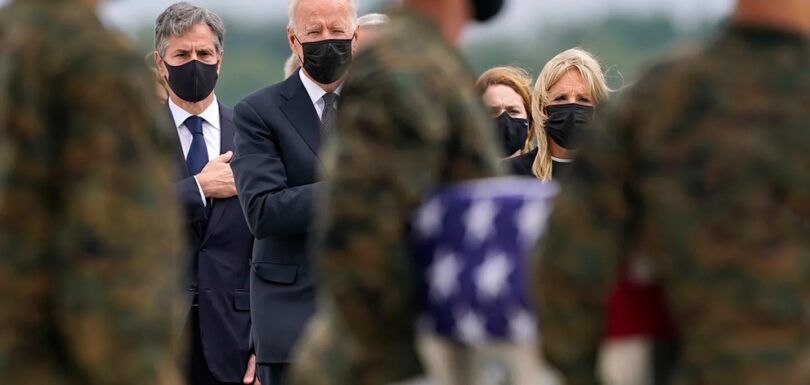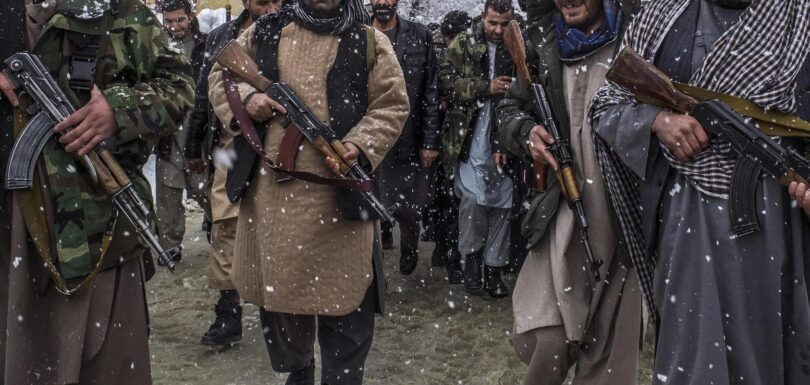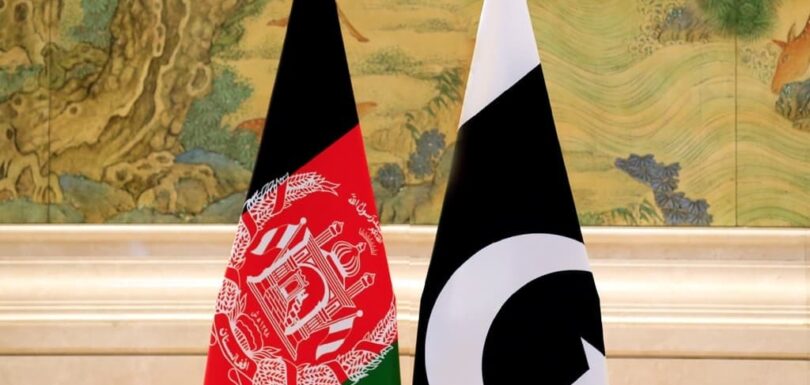Assad’s Downfall and Its Implications for Pakistan
Israel has carried out over 300 airstrikes decimating Syrian military infrastructure and equipment, while the US has also carried out over 100 bombing missions on Islamic State targets in Syria. There seems to be a fear that the Islamic State or al-Qaeda may use Syria as a foothold, making things unclear enough for any nation to start a discussion on relationships with the new administration yet.

